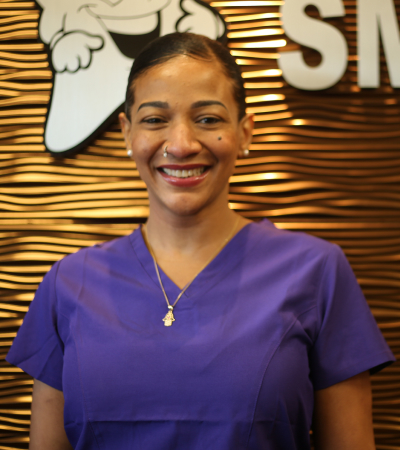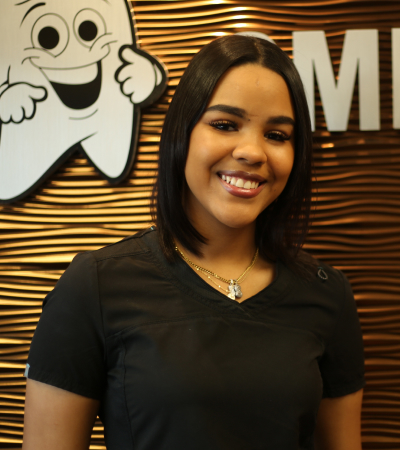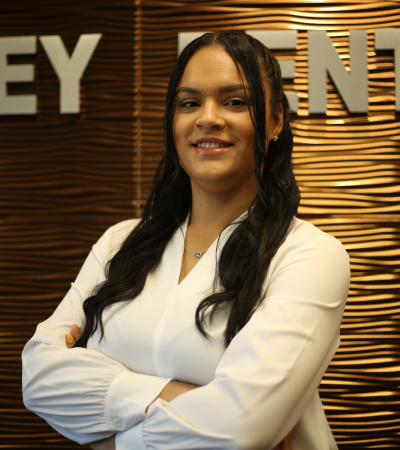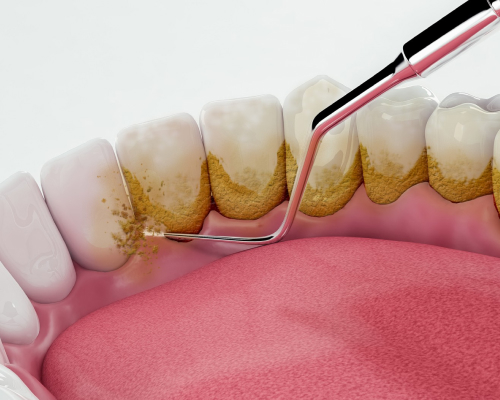
Periodontal Therapy
What is Periodontal Therapy?
Periodontal therapy is the umbrella term for an array of treatment procedures you may need to undergo if you develop gum disease. There are both surgical and non-surgical procedures, and they play a paramount role in the restoration of health to your teeth and gums.
Signs that you need Periodontal Therapy
You might have to undergo periodontal therapy if you show the signs described below. Although they are generally dependent upon the stage of the disease, they generally include
- Receding gums
- Tooth loss
- Bad breathe
- Foul taste in your mouth
- Accumulation of plaque or tartar on your teeth
- Pain sensation during chewing
- Red, tender, or swollen gums
- Bleeding gums during brushing or floss
- Changes in teeth positioning or loose teeth
- An inflammatory response throughout your body
Key benefits of having Periodontal Therapy
Periodontal therapy provides the patient with an intensive clean that helps break down bacteria and restores health to the mouth and gums. This comprehensive clean destroy pockets of bacteria and protects the oral cavity against further damage.
It also prevents the occurrence of further disease. After the deep cleaning has been done, and the bacterial infection has subsided, it enables regular oral hygiene to take control of the mouth once again.
The therapy restores the functionality of certain areas of the mouth by strengthening the teeth and gums. Severe pain usually keeps parts of the mouth from functioning properly, but periodontal therapy can remove the bacteria causing the pain.
What to eat Before and After the Procedure
Durability of Periodontal Therapy
Periodontal therapy is a procedure that can be done on a patient once in a lifetime. However, depending on case by case circumstances, it is possible that it may have to be done again. It is recommended that you consult your dentist at Smiley Dental for professional advice regarding periodontal therapy meant for you in particular.
After Procedure Care
Frequently Asked Questions
Does a deep cleaning hurt?
Will my gums grow back?
How often will I need to come in?
Can gum disease be cured?
Do I need antibiotics?
Schedule your gum health visit
Our Rewards
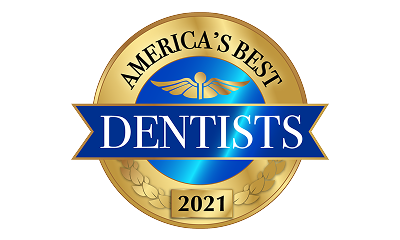
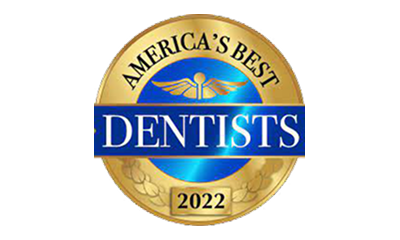
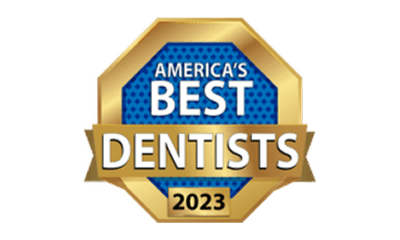




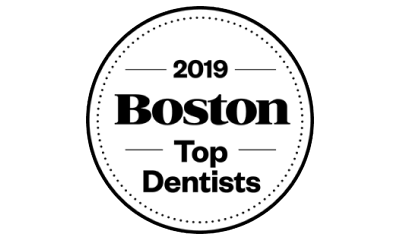

Our Services

Root Canals
A root canal is a treatment procedure that is used to restore and save a tooth that is badly decayed or infected...

Dental Implants
Dental implants are replacement tooth roots. Implants give a strong foundation for fixed (permanent)...
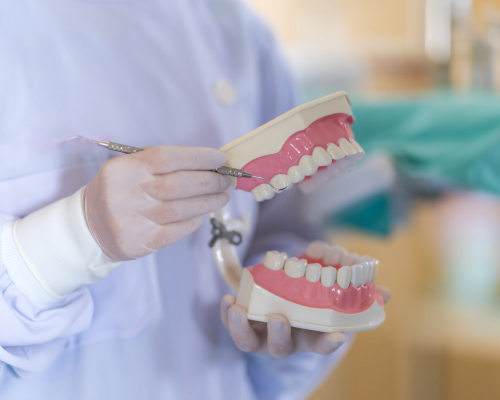
Dentures
Dentures are prosthetic appliances that are constructed to replace missing teeth and are supported by surrounding...
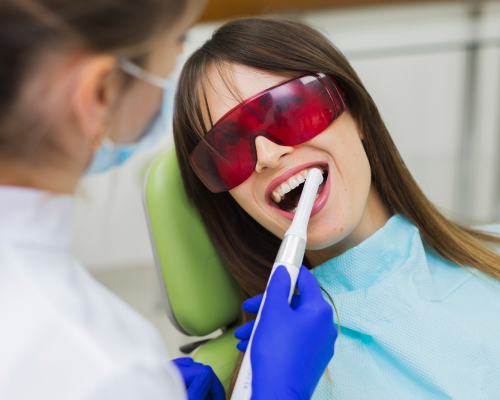
Teeth Whitening
What is the immediate thing people notice about your smile? It’s the color of your teeth! Do they look yellow or stained...


